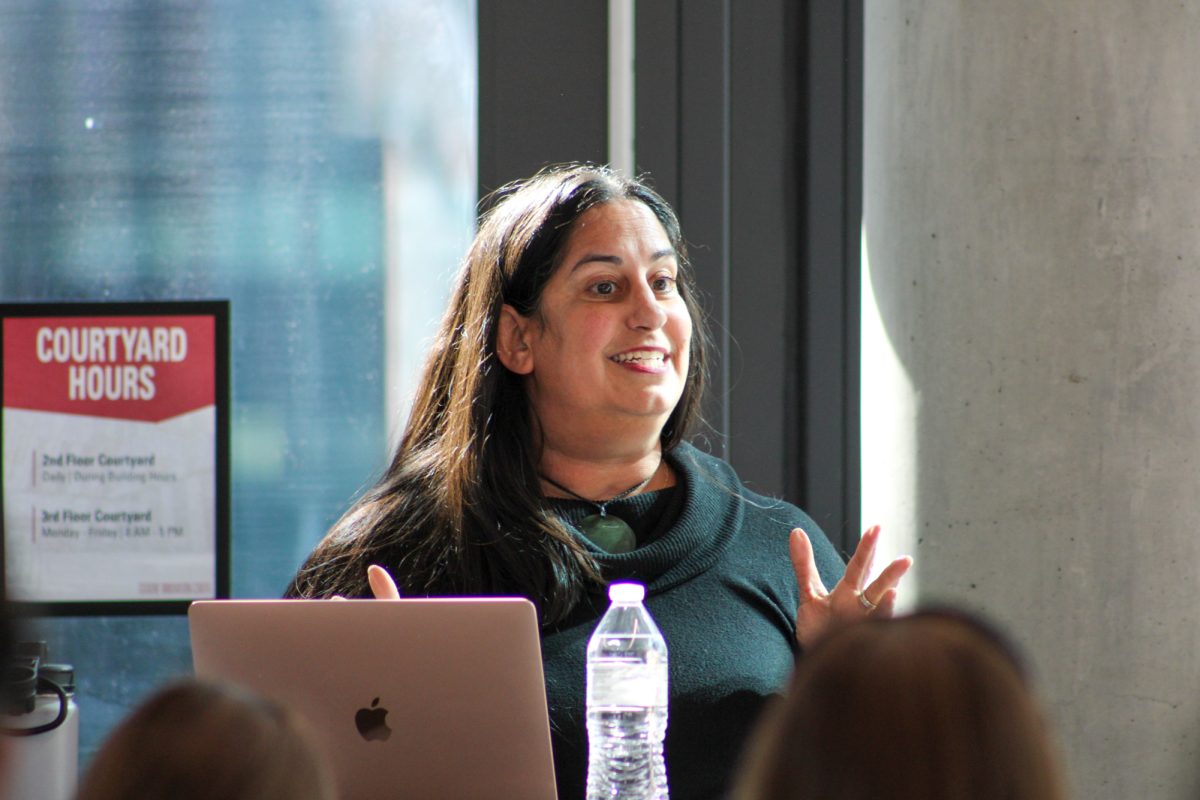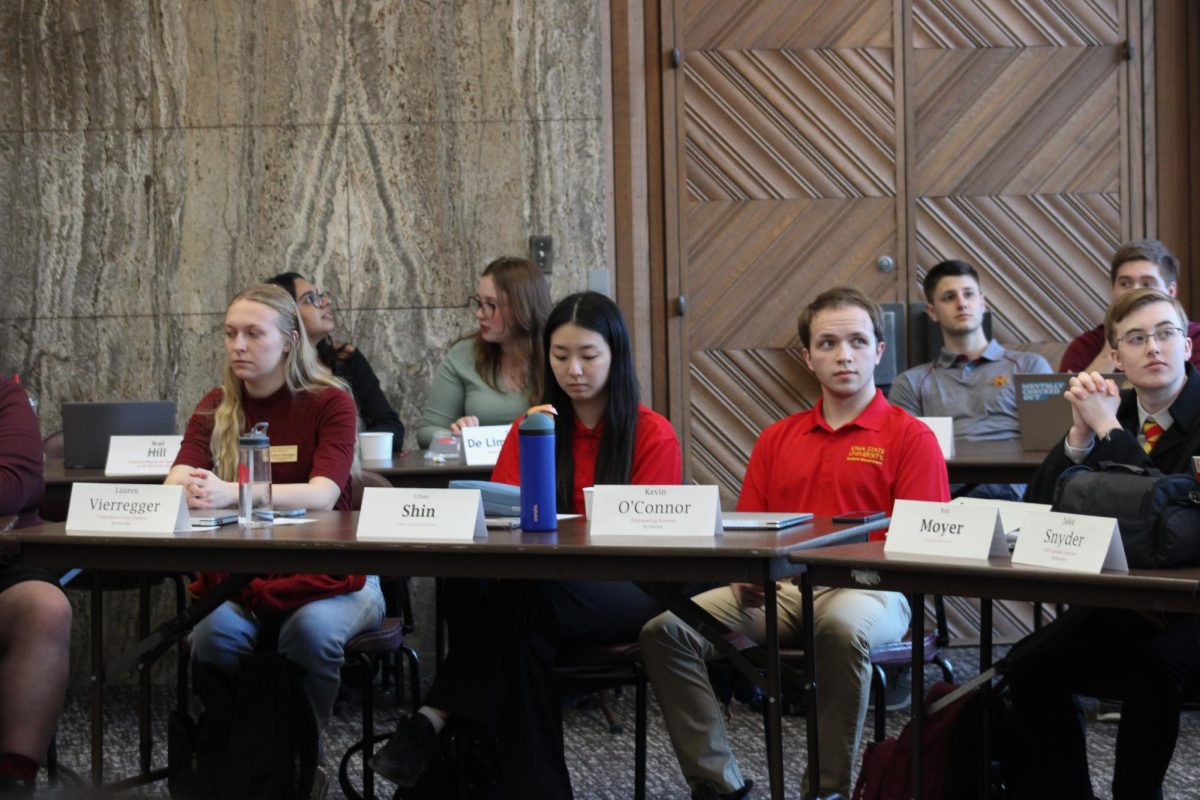Malik: The fight against Boko Haram
February 25, 2016
The world was shaken April 12, 2014, by the news that 276 female students were kidnapped from the Government Secondary School in the town of Chibok in Borno State, Nigeria. Responsibility for the kidnappings was claimed by Boko Haram, an Islamic jihadist and terrorist organization based in northeast Nigeria. Boko Haram soon became an echoing name across the world as the group gained fame from committing horrendous acts.
The radicalized group was formed because of economic hardship and extreme poverty. A collapsing government at the time forced the people in desperate living conditions to take a stand and fight the already failing Parliament of Nigeria. The group soon resorted to horrifying acts of violence and the abuse of religion to satisfy its political agenda.
Almost two years after the kidnappings, people are asking about the location of the Chibok girls, what Boko Haram is doing now and what efforts have been made to fight back because the coverage of the group has gone silent. As a result of a seemingly sudden lack of action, the president of Nigeria, Muhammadu Buhari, has been questioned by critics about his efforts to rescue the girls and expel Boko Haram from the northeast corner of Nigeria, which was captured by the terrorist group.
One of the reasons for this is because journalists are still banned from conflict areas in the north. Nevertheless, Buhari has vowed to stop the group from kidnapping, killing and destroying cities in Nigeria. He has welcomed support from world leaders such as our own president and has encouraged the opinions of activists such as Malala Yousafzai, a know famous Pakistani girl who survived an attack by the Taliban.
With the world watching, people wonder about what Boko Haram is doing. Well, for now, the group is fighting the Nigerian army but it has increased attacks on places like mosques and markets. Under the control of Abubakar Shekau, the new leader of Boko Haram, the group has adopted a more violent strategy that includes honor killings and suicide bombings, which have shocked the world. The Nigerian forces have pushed the group back into the northeast border of the country. To some, this is good news, but to government officials, this could mean a whole new story.
As the terrorist group is pushed back, it is being pushed along the boarder separating Nigeria from Chad and Cameroon. This could mean the group is entering other countries, and some officials believe the group is receiving help from ISIS.
So what happened to the Chibok girls? Well, the sad truth is that most of them have been forced to marry Boko Haram fighters. Most of the girls were Christians, so they were first forced to accept the Islamic faith and marry into the radicalized group. This means they have been spread out among the group, so there is little to no chance of a mass rescue mission by the Nigerian forces to bring them back. Boko Haram is smart enough to know these girls contain political value, so Boko Haram will probably try to negotiate handing them over for ransom or another exchange.
The suggested alliance between Boko Haram and ISIS is still unclear. It’s obvious Boko Haram has adopted the same horrifying acts of violence as ISIS, including suicide bombings, beheadings and honor killings, but the coordination between the two groups is still vastly unknown. The scarier part of this fight is the potential spreading of Boko Haram to other countries. If this happens, an alliance with ISIS could be inevitable, and the fight in Africa and the Middle East would become even more deadly.
I believe Nigeria, like other countries in the Middle East, can’t shoot its way out of this problem. The army could keep shooting Boko Haram, and Boko Haram could keep blowing up the army. The only way this problem will be fixed is by allocating the root cause for the rise in terrorism, which is the lack of economic opportunity and extreme poverty. Once these issues are recognized, the entire country can become strong again and perhaps work toward the recovery of the missing girls.






